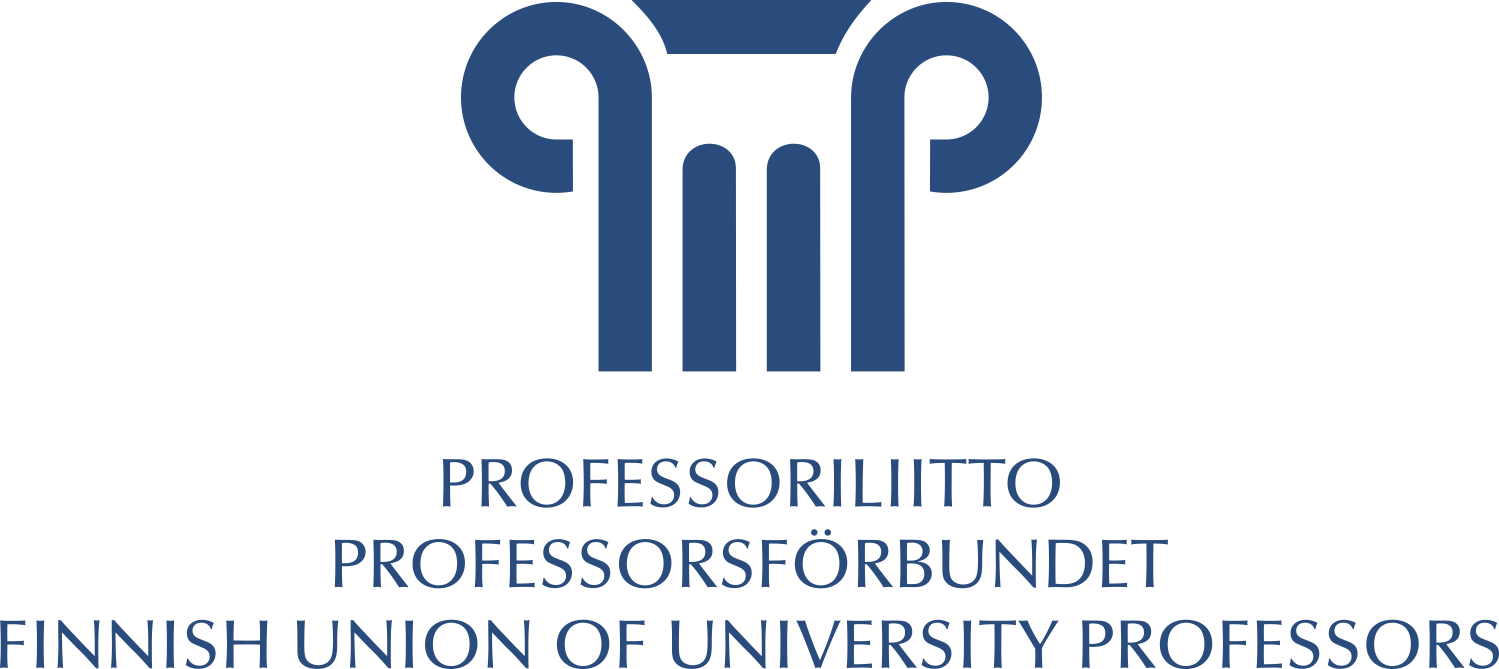Professors Emeriti in Universities
Most universities have stated already that retiring professors are a resource in the work community. They can promote continuity, transfer the community’s work culture and know-how to the younger generation as well as support and build a sense of community. According to an agreement, a retired professor may lead a research project or participate in such, apply for supplementary funding, teach, supervise dissertations and remain in other expert positions.
Emeriti professors may continue co-operation with the university by, among other things:
1. individualising their status and tasks in a so-called ’professor emeritus/emerita employment contract’ with the university,
2. working as an adjunct instructor/extra-staff lecturer,
3. making a fixed-term employment contract with the university.
Professor emerita/emeritus employment contract
If a professor is no longer in a contractual employment relationship with the university or the research institute, a written, fixed-term so-called professor emerita/emeritus contract can be made out regarding the continuation of the co-operation, rights and responsibilities after the retirement. Also, if a professor emerita/emeritus is no longer in a contractual employment relationship with the university, she/he cannot usually function as the responsible leader of a research project. Professors emeriti should clearly define, with the leadership of the unit, the way they participate in work, their responsibilities and obligations.
In the contract, one can define, for instance, the following aspects:
- the content of work, for instance: working in a research project, teaching, supervising doctoral candidates, post-graduate seminars, the supervision of other final thesis/projects, working as a consultant or a mentor
- the compensation of costs
- the use of research materials and similar as well as the immaterial property rights of research materials and results
- the working conditions: an office or a work space, the use of laboratories and similar, the use of research equipment
- working as the representative of the unit, appearance at the unit’s website, business card
- travelling details; for instance, the costs of travelling and travel insurance
- keys and passes
- the IT details: IT-connections, email-address, computer, IT-/technical support, printing paper, copying
- the available services: support personnel, language services, mailing
- the tools: phone/cell phone, office supplies
Those who have made the professor emerita/emeritus contract are not in an employment relationship with the university, and as such not within the sphere of the occupational health care.
Fees can be paid regarding possible supervisory obligations or other specified tasks.
Working as an adjunct instructor/extra-staff lecturer
Regardless of having made the emerita/emeritus contract or not, the retired professor can work at the university as an adjunct instructor and get compensation for this work.
Working while drawing the old-age pension accrues new pension until the end of the month on turns 68, and for those born in 1957 or after, even longer than that.
A fixed-term employment contract with the university
The retired professor can make a fixed-term employment contract with the university. In this case, the professor can work as a responsible leader of a research project. Usually these kinds of arrangements are made on part-time basis.
Working while drawing the old-age pension accrues new pension until the end of the month on turns 68, and for those born in 1957 or after, even longer than that.
The Finnish Union of University Professors requires that the universities have transparent, clear and fair principles regarding their professor emeriti policies.
